The Department for Work and Pensions (DWP) has accidentally paid £500million in state pension payments to dead Britons in just five years, according to official Government figures.
Since 2019-20, around £512m has been overpaid in state pension and Pension Credit to deceased claimants with a staggering £159m sent out to the DWP in the last year.
Notably, less than half of this half a billion sum has been recovered by the Government as there is no legal obligation for families of the claimants to give back the money.
Around £257m lost could have paid for Winter Fuel Payments for up to 1.3 million pensioners.
There are two variations of the state pension: old and new. The old pension payment is reserved for men born before April 6, 1951, and women born before April 6, 1953. As it stands, the full amount comes to £169.50 per week.
The new state pension is for Britons born after those dates and comes to £221.20 per week if a claimant is eligible for the full amount.
Pension Credit is reserved for pensioners on low incomes and is a gateway benefit for additional support, such as the Winter Fuel Allowance.
Do you have a money story you’d like to share? Get in touch by emailing money@gbnews.uk.
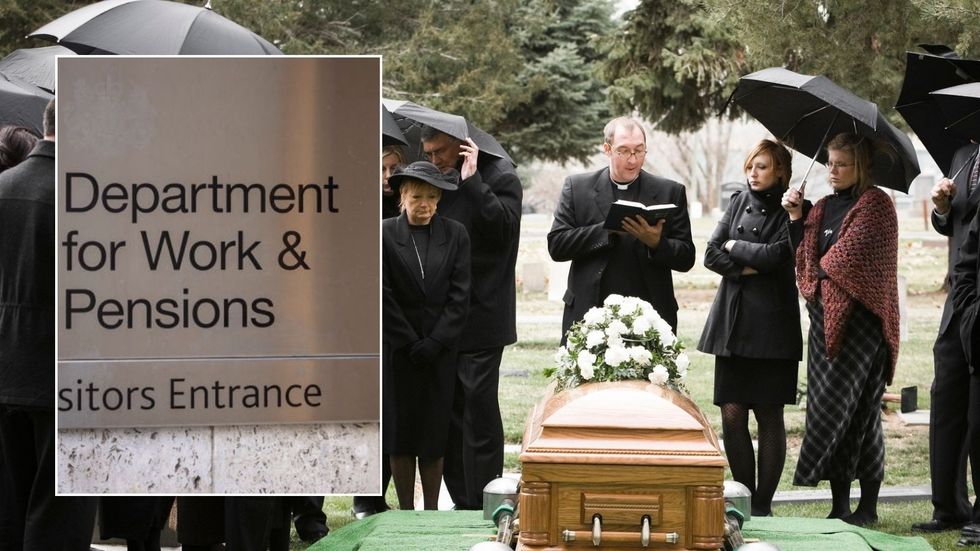
The DWP is paying state pension payments to dead Britons
GETTY
The means-tested DWP benefit is paid in advance to individuals on the old state pension, but in arrears to those on the payment’s new equivalent. By itself, the state pension has always been paid in arrears.
Following a Parliamentary Question asked by Reform MP Rupert Lowe, it was finally revealed that £512m in pension payments was delivered to deceased claimants in the last half a decade with only £255m being returned.
Speaking to The Telegraph, Lowe called on the system to be overhaul due to families of claimants having no current legal obligation to give the money back to the DWP.
He explained: “This is a shocking waste that underlines the contempt with which the Government treats taxpayers’ money. Why is it tolerated? Why is the return of this money not enforceable?

Rupert Lowe has called for an overhaul of the system
PA
“This is wide open to fraud and abuse. It needs to be clamped down on as part of a wider Government effort to slash down on misspending. We must keep pushing for transparent data to uncover the true extent of the waste.”
Outside of the state pension, Government figures found that £54m was wrongly paid in Pension Credit. So far, only £22m has been recouped, with £32m still being lost.
In response to the Great Yarmouth MP’s call for reform, DWP’s parliamentary under-secretary Andrew Western said: “Direct Payments made into an account after the death of a customer represent only around 0.1 per cent of total annual expenditure on pensions.
“Although these are treated as non-recoverable and are not enforceable by law, we can request the money back as a voluntary payment.
“So far, we have recovered around half of the overpayments, to avoid this becoming a long-term cost to the taxpayer.”
Under existing law, deaths in England and Wales have to be reported within five days of the individual passing away or a body being discovered, or eight days in Scotland.
Despite this, a claimant’s final state pension payment from the DWP often still includes payments based on days after they have died.
Steve Webb, a former pensions minister under the coalition Government, broke down how the current regime impacts families.
LATEST DEVELOPMENTS:

Webb called the DWP to only send letters to claimants “if there is a legal basis for them”
STEVE WEBB
He urged the Government to only reach out households asking for money back if they have strong legal basis to do so, citing the emotional toll on families reeling from a death.
“With pensions routinely paid four-weekly in arrears, it is common that part of any final payment will cover a period after the person has died, even if the family contact DWP promptly,” Webb added.
“With everything else that the family is dealing with, letters from DWP trying to recover overpayments are unwelcome and should only be sent out if there is a legal basis for them.”
The DWP has declined GB News’s request for comment.

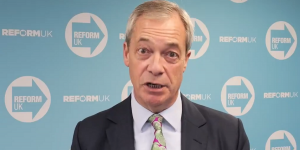







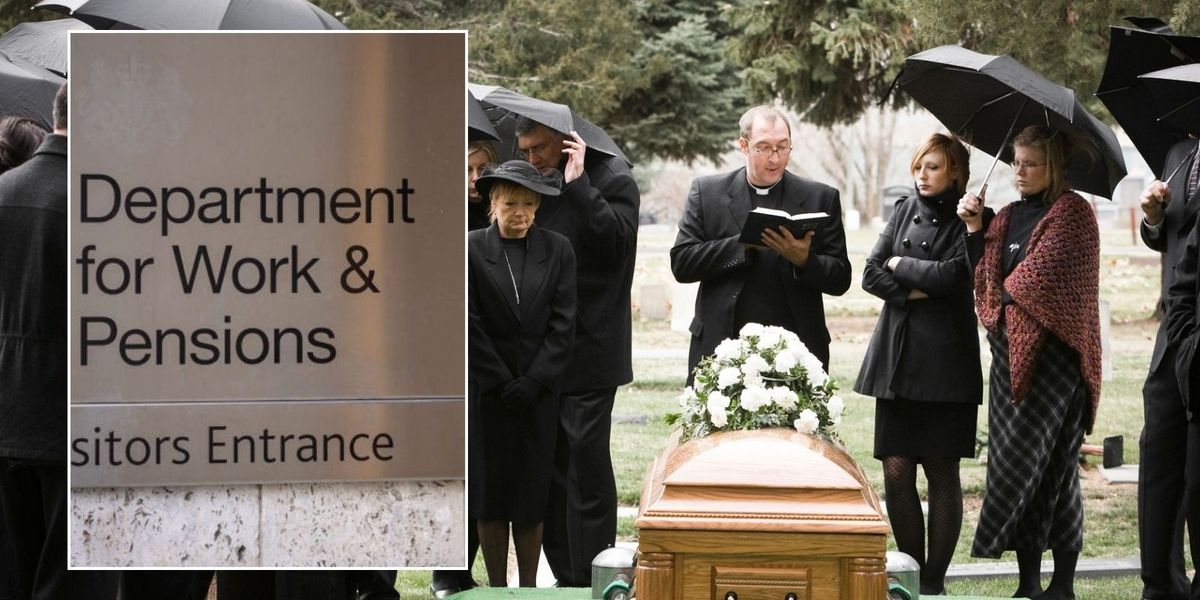
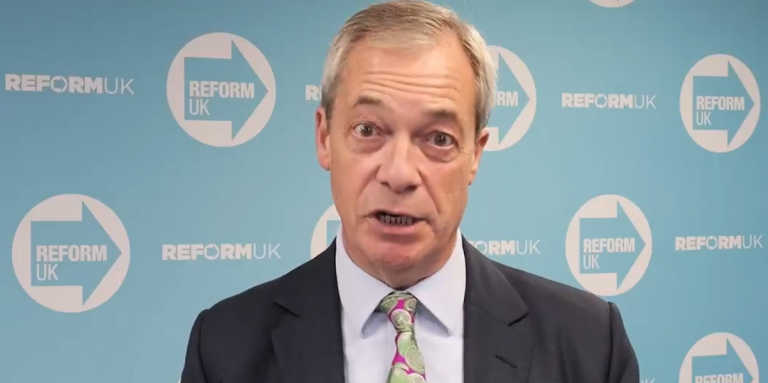
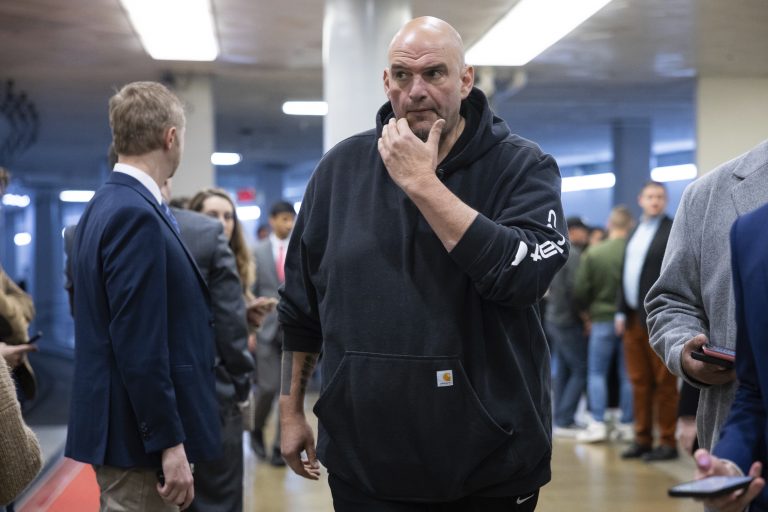
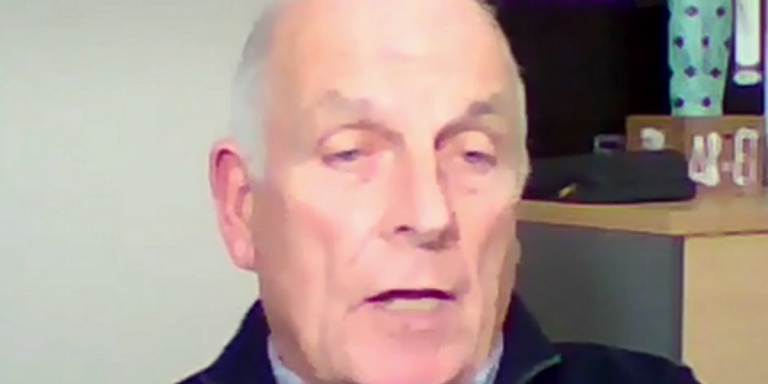




+ There are no comments
Add yours